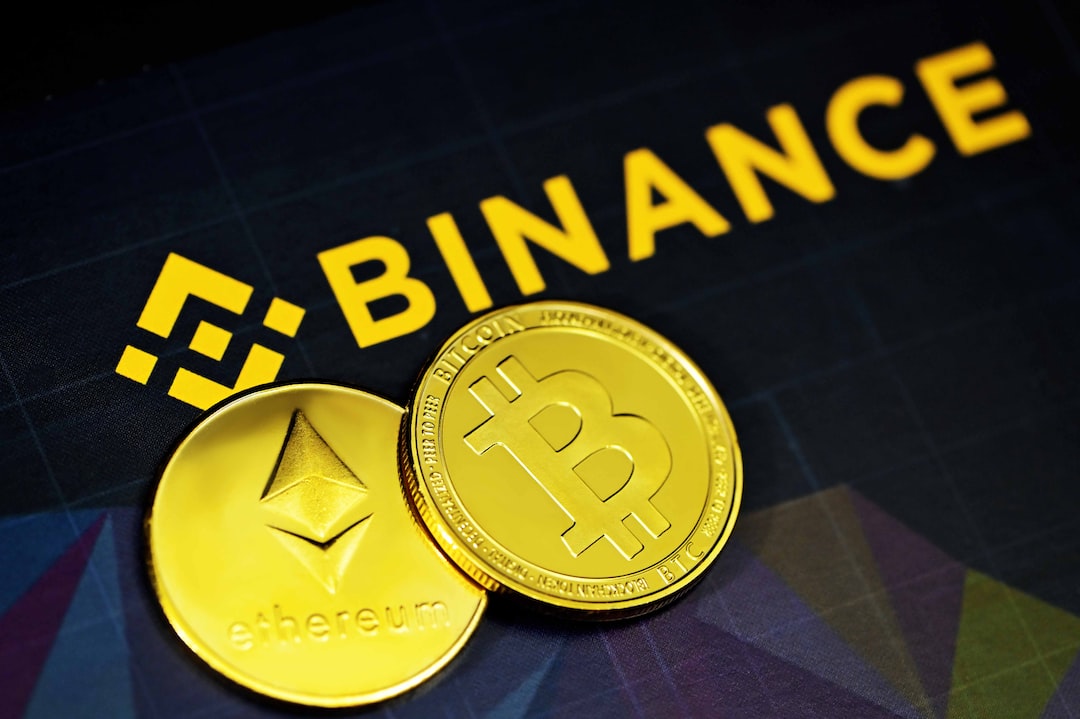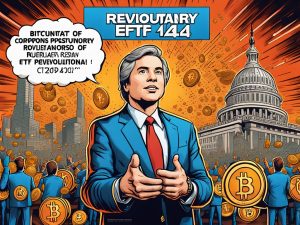Summary:
John Deaton, founder of CryptolawUS and an advocate for XRP holders, criticized the SEC’s “aiding and abetting” allegations against Ripple CEO Brad Garlinghouse. Deaton believes that if the SEC had allowed former executives Bill Hinman and Jay Clayton to testify earlier, the situation could have been avoided. In the Ripple v. SEC litigation, Digital Asset Investor expressed his intention to call Jay Clayton, Bill Hinman, Lowell Ness, and Chris Dixon as witnesses. Deaton agrees that Hinman should appear in court and regrets the missed opportunity to call a former SEC Chairman as a witness. He argues that charging Brad Garlinghouse was a mistake and that Jay Clayton is a crucial witness. Deaton suggests that the time, money, and effort spent on litigation could have been better utilized in promoting the use of cryptocurrencies.
Key Points:
– John Deaton believes the SEC’s allegations against Brad Garlinghouse could have been prevented if former executives Bill Hinman and Jay Clayton had testified earlier.
– Digital Asset Investor expressed his intention to call Jay Clayton, Bill Hinman, Lowell Ness, and Chris Dixon as witnesses in the Ripple v. SEC litigation.
– Deaton agrees that Hinman should appear in court and regrets not being able to call a former SEC Chairman as a witness.
– Deaton believes charging Brad Garlinghouse was a mistake and argues that Jay Clayton is a crucial witness.
– He suggests that the time, money, and effort spent on litigation could have been better used in promoting the use of cryptocurrencies.
Hot Take:
The SEC’s handling of the Ripple case and its allegations against Brad Garlinghouse have faced criticism from John Deaton, who believes that the situation could have been avoided if previous executives had been allowed to testify sooner. Deaton’s perspective highlights the missed opportunity to call key witnesses and questions the SEC’s decision to charge Garlinghouse. He argues that the resources invested in litigation could have been better utilized in advancing the adoption of cryptocurrencies. Overall, Deaton’s criticism sheds light on the potential impact of the SEC’s actions and raises questions about the regulatory approach to the crypto industry.





 By
By
 By
By
 By
By
 By
By
 By
By
 By
By